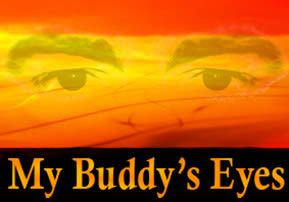
My Buddy’s Eyes
Rebbe Akiva’s 24,000 students died because of sin’at chinam, hatred for no reason. Rabbi Lazer Brody tells an opposite story of the brotherly love between 2 wounded soldiers...

The story of Israel's Independence is not one of military might; it's the story of emuna, strength of character and the love of brothers-in-arms, as we see in the following story:
Two soldiers, both seriously wounded in the Yom Kippur War of 1973, occupied the same room in a high-sterility ward for wounded soldiers with severe burns in the military wing of Tel Hashomer hospital east of Tel Aviv. One soldier, Udi, a staff sergeant and tank commander, occupied the bed next to the room's only window. His Centurion tank had sustained a direct artillery hit that set it on fire, and he had second and third-degree burns on most of his body, but at least he was allowed to get out of bed for a half hour a day.
The other soldier couldn’t move. That was Yoram, Udi’s gunner. Udi had pulled Yoram out of the blazing inferno that the belly of the tank had become. Now, Yoram was lying in traction with severe shrapnel wounds in his two broken legs in addition to nasty second and third-degree burns on his stomach and thighs, forcing him to spend all his time flat on his back. Zvika the driver and Srulick the radioman weren’t so lucky; they were trapped inside the tank until they exhaled their final breath.
Udi and Yoram had only one another. Because of the sensitivity of their burns to the slightest infection, they weren’t allowed visitors. The nurses tried to devote whatever time they could to them, but they were understaffed and the ward was filled to capacity. The Israeli tank corps had suffered a stinging blow in the Golan tank battles with the Syrians, with many casualties.
So, outside of the occasional visit from a doctor or nurse, Udi and Yoram were alone with each other. They talked for hours on end, doing their best to help one another overcome the trauma of the war. They spoke about anything and everything – their backgrounds, school, Udi’s town of Hadera and Yoram’s moshav in the Jezreel Valley, teachers, girlfriends, basic training, tank school – you name it.
Every afternoon, a physical therapist would visit Udi and help him out of bed for his daily hour of treatment. While the physical therapist was manipulating Udi’s stiff muscles, Udi would describe to Yoram everything that was going on outside the window.
That half hour a day was Yoram’s favorite. Udi would describe every swivel-hipped female soldier that was walking by, and make jokes about the arm-chair heroes whose neatly ironed uniforms attested to their desk jobs in the military. Udi would also describe the birds in the trees and the flowers in the garden. Yoram yearned for those half-hour periods where his bed-ridden existence was enlivened by the Udi’s vivid and highly-animated descriptions of the world outside.
Udi would tell Yoram about the lush green lawn outside with the fountain. He’d giggle about a doctor that was trying to start up a conversation with a cute nurse. He told Yoram all about the current shapes of the clouds in the deep blue sky.
As Udi described the outside world in exquisite detail, Yoram would temporarily forget about his excruciating pains. He’d simply close his eyes and imagine the picturesque scene.
One afternoon, Udi described an honor guard with the top brass passing by.
Although Yoram couldn't see what was going on from flat on his back with his legs still in traction, he could feel it. In his mind's eye, he was right there with the honor guard.
Days and weeks passed, and Chanuka rolled around.
One morning, the day nurse arrived and discovered Udi’s lifeless body. Apparently, he had succumbed to a bacterial infection that penetrated his brain. He died peacefully in his sleep. She wept, and called the hospital attendants to take Udi’s martyred body away.
A few more days passed and Yoram was still alone in the room. Gradually, he was healing and his situation was improving. Once he was out of traction, he asked if he could be moved to the bed next to the window. The nurse was happy to make the switch, and after making sure he was comfortable, she left him alone.
Slowly and painfully, Yoram propped himself up on one elbow to take his first look at the real world outside.
He strained to slowly turn to look out the window beside the bed. It faced a dark bomb shelter. Yoram wondered where the lawn and the fountain were. Maybe he wasn’t seeing properly…
Yoram rang for the nurse. “Ilana, how did Udi see the lawn, and fountain outside, with the walkway that everybody would walk by?”
Ilana the day nurse looked at Yoram in astonishment. “What do you mean? Didn’t you know that Udi had powder burns in both eyes? He was completely blind!” Udi never saw anything that was going on from a dark window that led to a dismal concrete enclave.
“He felt bad that he could stand on his feet for a half hour a day, while you were in traction. I guess he wanted to lift your spirits."
Epilogue:
Rebbe Nachman of Breslev says that each of us has a good point that our fellow human doesn’t have. We should use our good point to illuminate the lives of others. (Likutei Moharan I:34).
Let’s not wait for another war or crisis to emulate Udi’s example and illuminate another person’s life just for the sake of making this turbulent world a little more bearable.


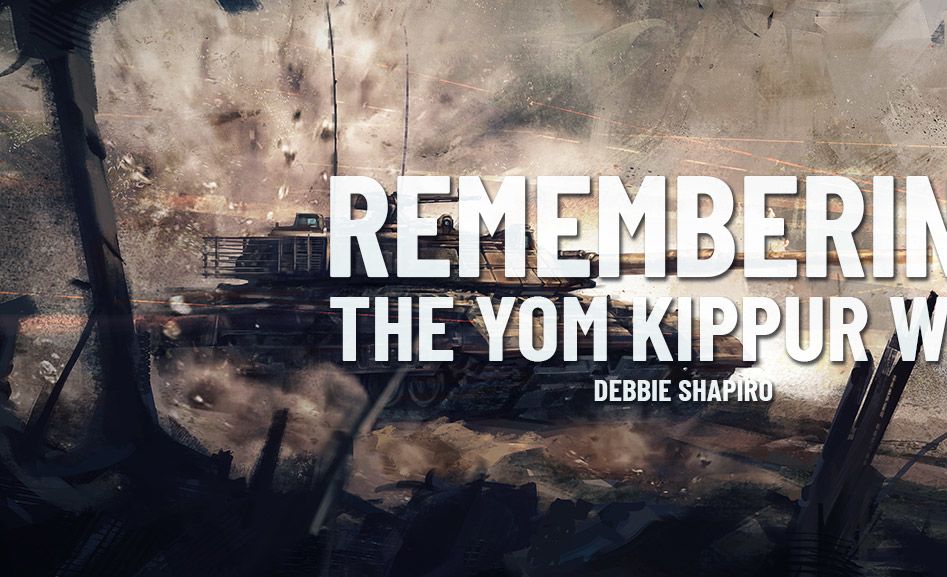
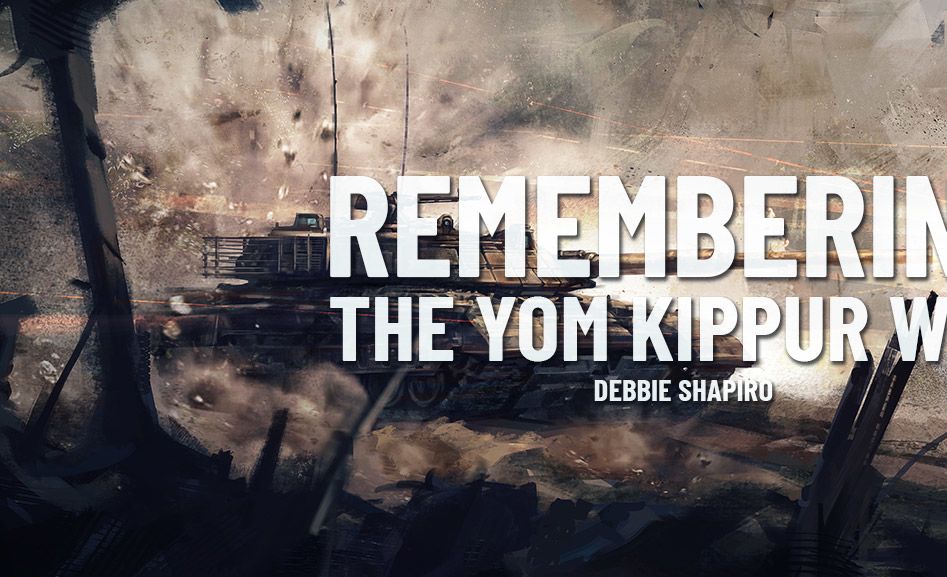
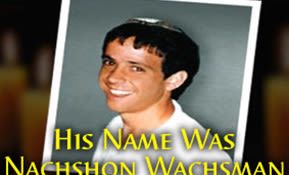


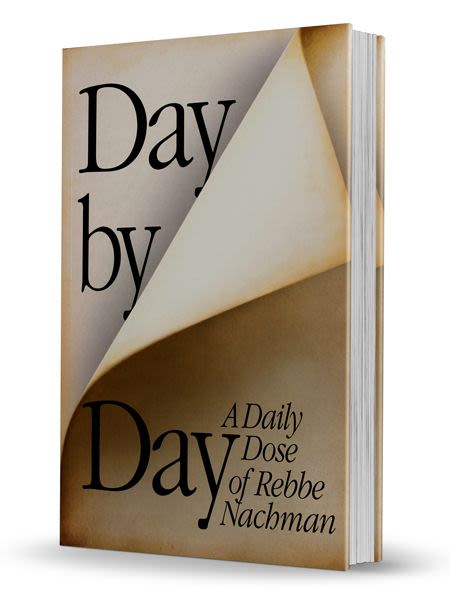

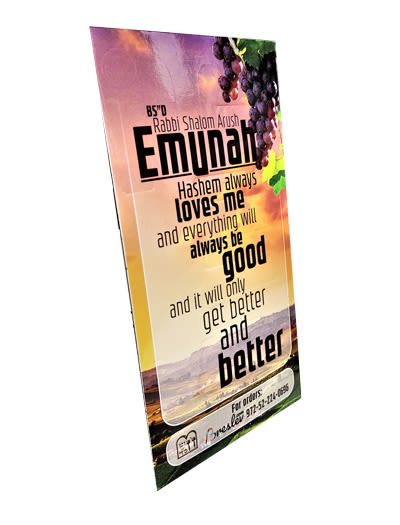
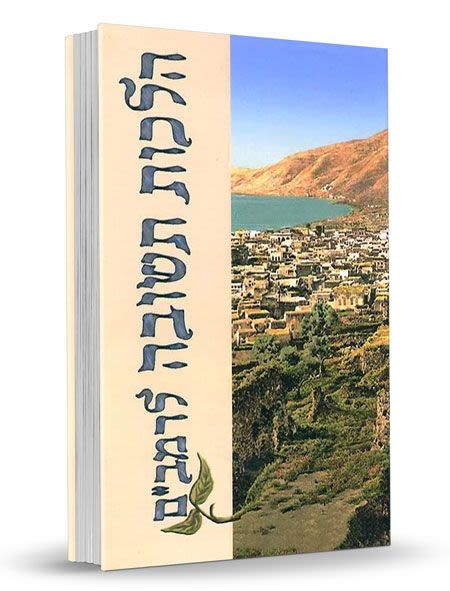
4/24/2012
Really moving I don't remember when I read something so moving – thank you, Breslev Israel!
4/24/2012
I don't remember when I read something so moving – thank you, Breslev Israel!